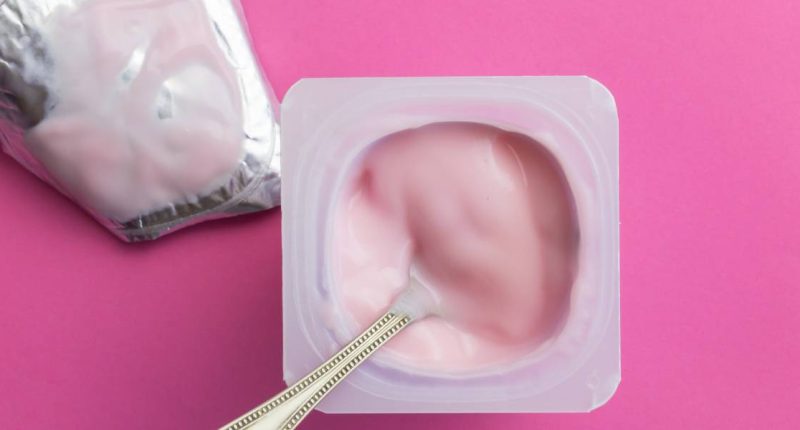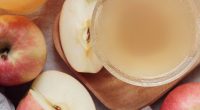Researchers have identified the power of fermented dairy in post-training recovery after finding that young men who consumed Greek yoghurt had lower levels of inflammation than those who ate a carb pudding.
The benefits of exercising long term include the lowering of inflammatory proteins including tumour necrosis factor-alpha (TNF-α) and interleukin (IL)-6.
What people eat after exercising plays an important part in boosting the inflammation-lowering effects of training.
- Dementia triggered by inflammatory dietary habits
- Chronic inflammation in ageing not seen across all populations
- Eating lots of ultra-processed food linked to higher levels of inflammation marker
Dairy products are known to be effective after exercising thanks to their carbohydrate, protein, and electrolyte content. In addition, they have been associated with lower inflammation markers like C-reactive protein (CRP).
While milk has been studied extensively, less is known about the effect of yoghurt on post-training inflammation, in particular Greek yoghurt, and its long and short-term effects.
The study involved 30 Canadian men aged between 18 and 25 who, following high-intensity training, consumed either Greek yoghurt or isoenergetic carbohydrate pudding (CP) as a control.
Along with analysing markers of systemic inflammation, researchers also looked at the effect of a change in body composition on inflammatory markers after training.
- Inflammatory diet during pregnancy linked to increased risk of type 1 diabetes in children
- Carbohydrate quality more important than quantity for reducing inflammation in low carb diets
- White packaged bread and similarly inflammatory foods linked to colon cancer risk
Both groups of men trained three times a week for 12 weeks.
The Greek yoghurt group consumed 200g of 0% fat yoghurt supplementation three times a day on training days and 150g twice a day on non-training days.
The control group was given 47g of carbohydrate pudding.
The results showed eating Greek yoghurt enhanced the anti-inflammatory benefits of the training, with the authors saying: “Future research should continue to investigate key predictors for the change in inflammatory markers with exercise and nutrition, the effect of fermented dairy on other markers of immune function with exercise, and the response of these markers following a physiological stressor in the context of an exercise intervention.”
Read more in Nutrients




